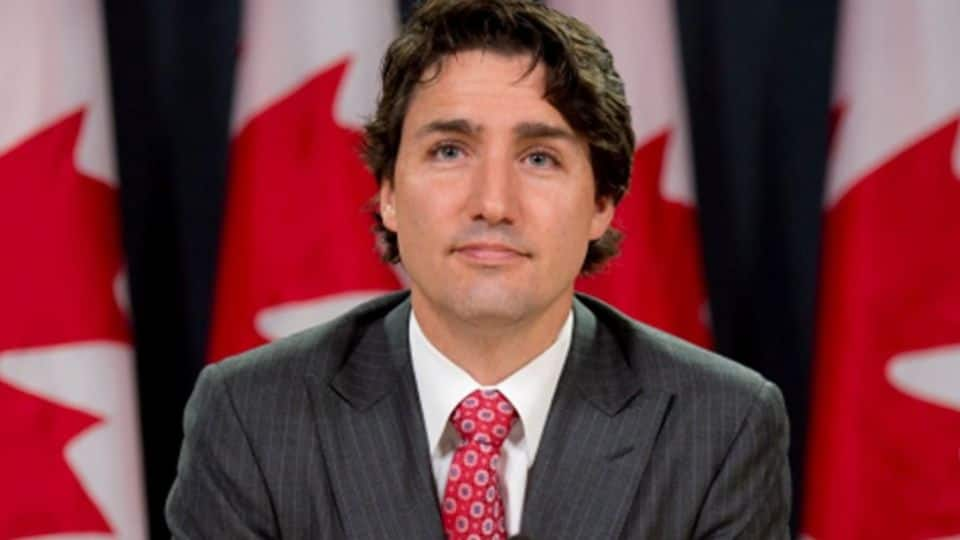
Trudeau supports "rogue" Indian hand in Khalistani terrorist Atwal's invitation
What's the story
After an almost-disastrous India visit, Canadian-PM Justin Trudeau continues to rub the Indian government the wrong way. Now, he is standing by a senior national security official's explosive claims that convicted Khalistani terrorist's Jaspal Atwal presence coinciding with his trip was an attempt by rogue Indian political factions to embarrass him on the Sikh separatist issue. The Canadian Opposition reacted strongly to PM's revelation.
Controversy
What is the Jaspal Atwal controversy?
Jaspal Atwal is as ex-member of the International Sikh Youth Federation (ISYF), a key group demanding an independent Sikh homeland. He is convicted of attempted murder of Punjab minister Malkiat Sidhu and of a murderous assault on British-Columbia leader Ujjal Dosanjh. Incidentally, the controversy fuelled after he was invited for a dinner reception held in Trudeau's honor by the Canadian High Commissioner in Delhi.
Conspiracy
What is the "conspiracy theory"?
Soon after the controversy erupted, the Canadian media stated that officials believed that Atwal's presence was an attempt by rogue Indian elements to humiliate Trudeau. While speaking in Parliament, Trudeau didn't refute the "conspiracy theory," saying that, "When our top diplomats say something to Canadians, it's because they know it to be true." India, however, termed these allegations "baseless."
Opposition
How did the Canadian Opposition react?
Further, Trudeau's response received a furious rebuke from Opposition leader Andrew Scheer who said that such serious allegations against the Indian government can have far-reaching repercussions on India-Canada relations and asked the PM to furnish proof. New Democratic Party MP Charlie Angus also accused the PM of putting the interests of his Liberal party "ahead of national security, international relations and Canada's reputation."
Blame
Meanwhile, has someone taken responsibility for the Atwal faux-pas?
Separately, Liberal Party MP Randeep Sarai has taken responsibility for asking Atwal to be included in the list of dinner reception guests. Moreover, in recent years, Atwal had softened his stand towards India and at times even opposed Khalistan. This prompted his removal from the Indian government's "blacklist," which bars Sikh radicals from entering India. He was issued a visa by Vancouver's Indian consulate.
Significance
What does this mean for India-Canada relations?
India-Canada don't share strategic links. Far removed from the Indian sub-continent, Canada isn't interested in engaging on core strategic issues of China, Pakistan and maritime security. Earlier talks of a civil nuclear trade haven't seen any progress. Moreover, despite Canada's strengths in energy, limited cooperation exists. Also, Canadian political parties' penchant for pro-Khalistani elements ends up fracturing relations further as seen in this case.